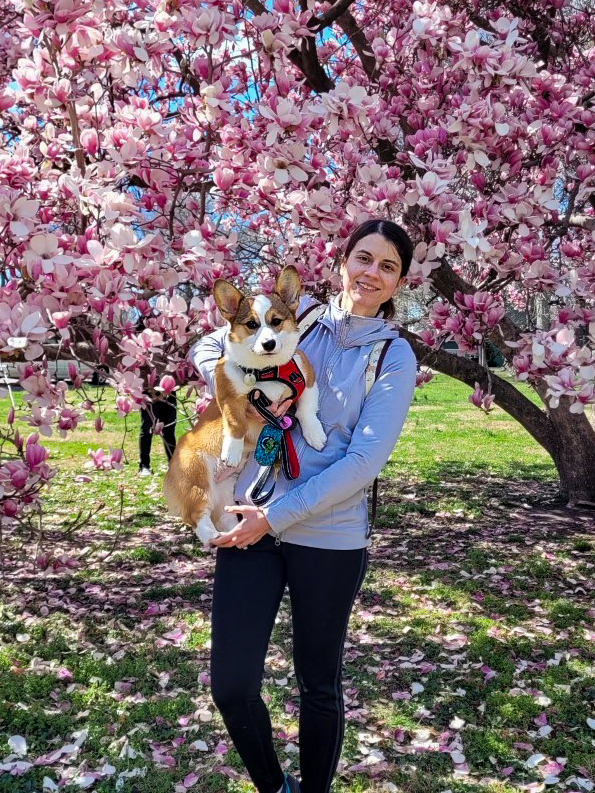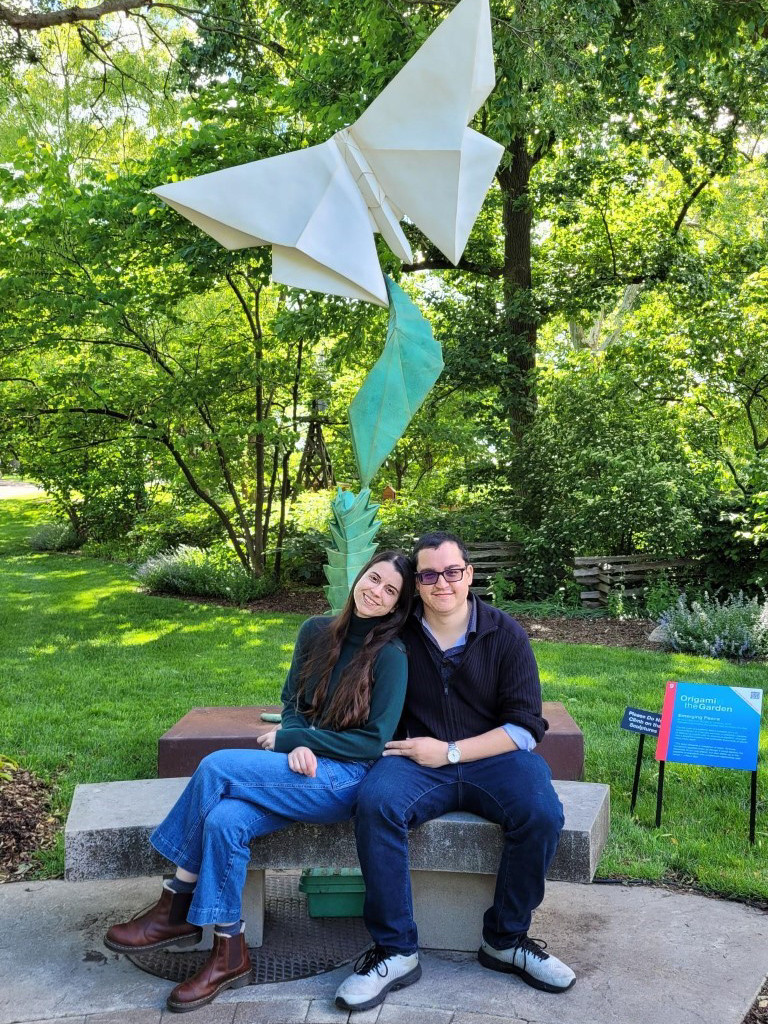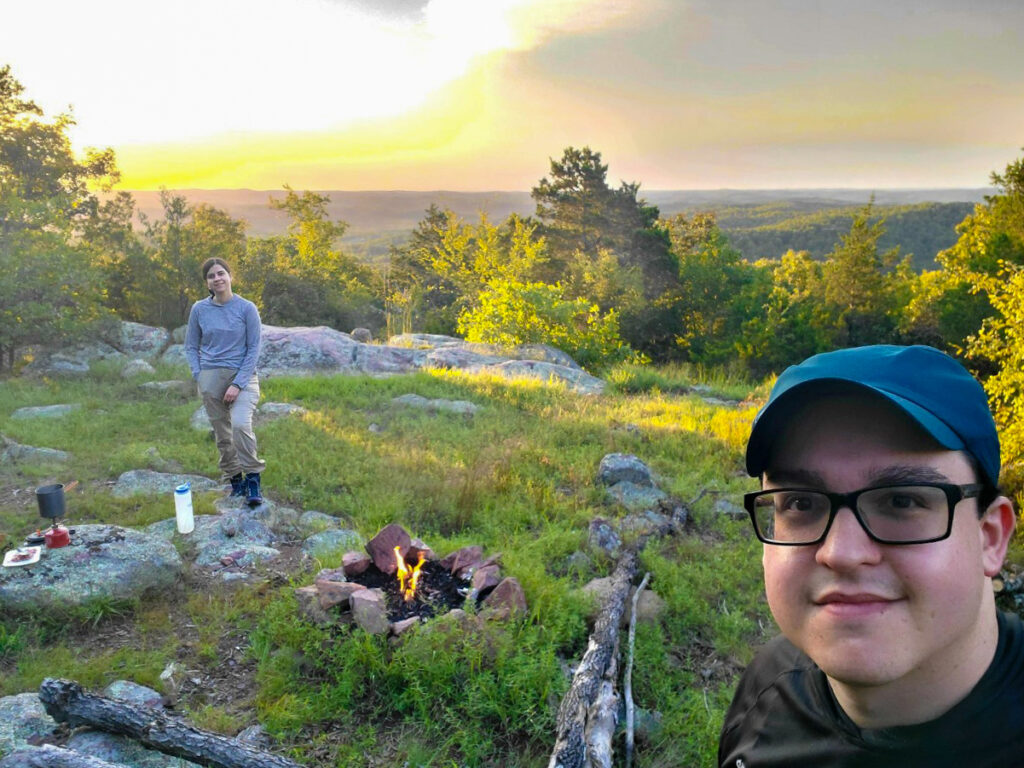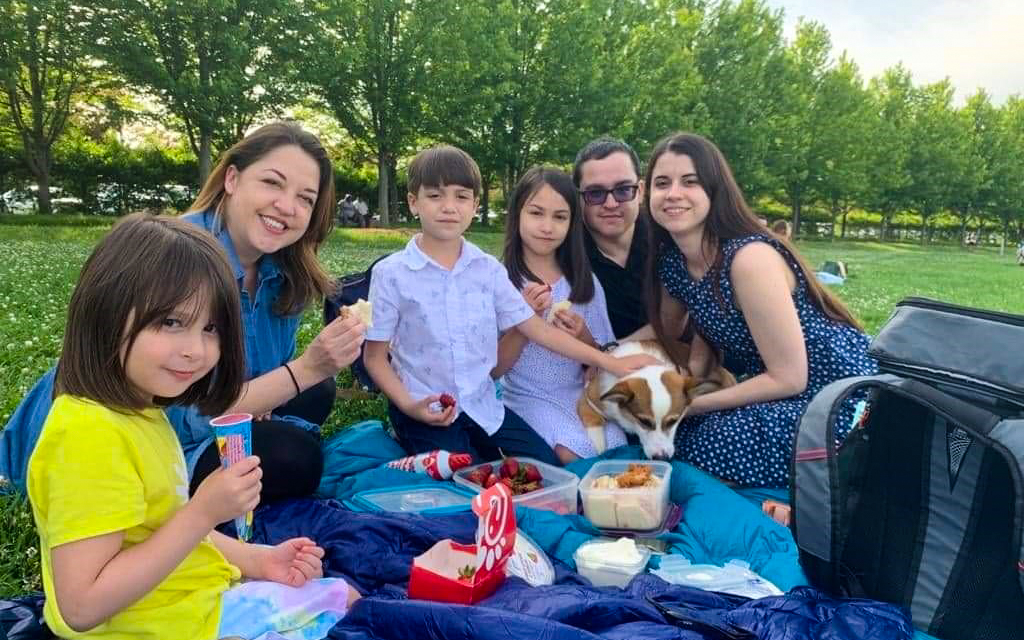Sophie Gerndt, MD, is a research assistant supporting head and neck cancer research efforts in the lab of Jose Zevallos, MD.
What does your work in the Zevallos lab entail?
I am a physician who graduated from medical school in Juarez City, Mexico. For the past year and a half I have been working as a research assistant for the Zevallos lab. During this time, I have been involved in many clinical research studies. I coordinate and perform several tasks such as specimen collection and delivery, and processing and storage of biospecimens that including tumor, blood, saliva and surgical drain fluid. Our goal is to ensure the availability of high quality samples for the research community.

I also assist with chart reviews, maintain databases, and help write IRB [Institutional Review Board] protocols and manuscripts. I am lead investigator on a project looking at circulating tumor HPV DNA in saliva as a proximal biomarker in HPV-positive oropharyngeal cancer and another study assessing predictors of gastrostomy tube use in patients undergoing transoral robotic surgery for oropharyngeal cancer.
What inspires you about working in head & neck cancer research?
Research opportunities in my home institution are extremely scarce, but I sought out research during my internship there. Developing research skills is essential for otolaryngology, and that motivated me to seek out research opportunities here at Washington University. What I have learned so far has really impacted my personal and professional development.
What inspires me the most is being directly involved with patients. Even in their most difficult times, I witness their willingness and cooperation to help us answer vital research questions through their participation. I get inspiration in knowing my work and the research in our lab has the potential to affect positive changes that will improve diagnosis, treatment and outcomes in patients with head and neck cancer.

What do you do in your spare time?
After spending a fair amount of our lives in the desert, my husband Rafael and I have seriously enjoyed the beautiful greenery and vast flora that St. Louis offers, as well as the getting to experience four seasons during the year! We love the outdoors and enjoy spending time in Tower Grove Park with our Corgi puppy Uno, as well as hiking, backpacking and camping on the weekends. We recently did a section hike for a couple of days along the Ozark trail.
I also enjoy learning languages. I am fluent in three languages (English, Spanish and German), and I have been dedicating part of my spare time to learning Korean and French. I come from a diverse background, and I believe speaking and learning new languages enables me to form unique and personal connections with people that I meet.
What would most surprise your colleagues to learn about you?
A very unique aspect of medical education in Mexico is that we are required to complete a year of internship and community service in an under-served community before earning our diploma. In that year we have a very hands-on and immersive experience. I was able to be first assistant in several surgeries during my general surgery rotation, and I even had the chance to perform a C-section from start to end under the close supervision of an attending.

My co-interns and I would keep track of our deliveries on a chalkboard, and in a two month obstetrics rotation, I delivered more than 60 babies. Another surprising aspect of my medical training is the vast differences in technology, space, and resources between where I trained and hospitals in the US: we would write all of our notes using an old-fashioned typewriter; up to 10 patients had to share the same room; OR cases would be assigned on a chalkboard; and we did not have disposable gowns and drapes.
When I came to WashU, I was amazed at the resources available for clinicians and patients. My internship taught me how to work and provide good patient care within significant resource constraints and my experience at WashU have taught me to aspire to push the boundaries of medicine.
